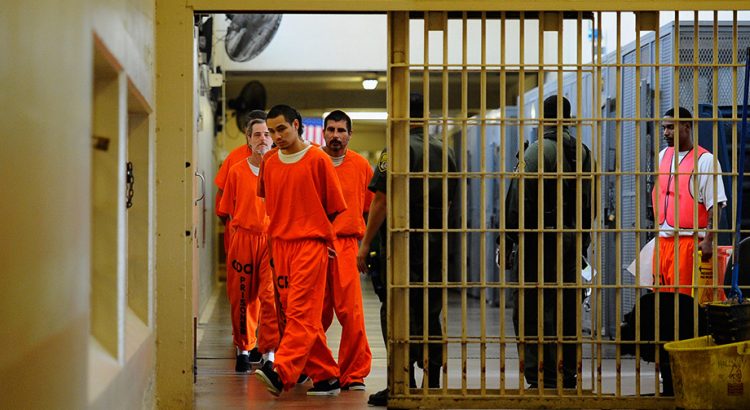Being incarcerated can be an unpleasant experience. However, the policies, rights, and daily life of an inmate can differ between jail and prison.
The length of stay for inmates – The main difference between jail and prison is the fact that jail involves a short stay; the whole prison involves a long stay. This is because jail will hold inmates awaiting trial or those serving a short sentence. Prisons, on the other hand, hold inmates for longer periods and help to reform inmates with programs that include educational, substance abuse and vocational programs.
The type of crime – Jails will often hold inmates who have convicted for misdemeanors, while prisons will hold inmates that have been convicted of serious crimes. The level of security at prisons will also vary from minimum, medium, maximum-security or solitary confinement.
Living standards – Prisons are designed for living needs and therefore have well-developed facilities that help inmates live a relatively regular life. Jails, on the other hand, offer lower quality food, facilities and due to the constant flow of people can have no regular schedules in place.
Visitation and other rights – Both institutions allow visits from family and friends. Inmates in both institutions have the right;
To be treated humanely.
Not suffer cruel and unusual punishment.
To be free from sexual crimes or harassment.
To access the courts.
To medical care.
To not suffer racial discrimination.
If you or someone you know is facing time in jail or prison, it is best to speak to an attorney to get advice on how to reduce your sentence.
